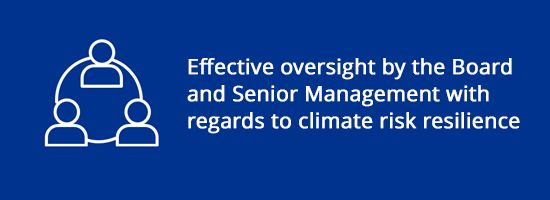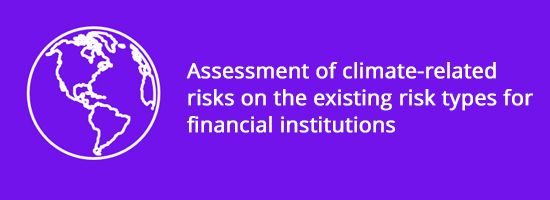As the impacts of climate change continue to grow more potent, so does the climate risk that organizations face. In documenting the need for financial institutions (FIs) to be more resilient, Bank Negara Malaysia (BNM) issued the "Climate Risk Management and Scenario Analysis" on 30 November 2022. Posing as a guide for FIs in Malaysia, this policy highlights the importance to remain resilient against climate-related risks while facilitating the transition to a low-carbon economy to support national commitments e.g., the Paris Agreement and the 12th Malaysia Plan.
Planning ahead of time and integrating a risk management framework are critical for FIs to gradually integrate climate risk. This policy forms part of the various regulatory developments in Malaysia’s journey to achieve Net Zero by 2050.
Some of the key requirements from the policy include:

While not mandatory, the Board may appoint a Chief Sustainability Officer (CSO), depending on the size of the FI to ensure effective oversight on climate-related risks.

To assist in decision-making during the transition into low-carbon economy.

Financial institutions may incorporate climate-related aspects or develop climate risk models to better understand the implications of climate risk on credit risk.

Keep stakeholders informed to manage relevant climate-related risks and opportunities, including metrics and targets used to assess the effectiveness of such practices.

For credit risk management, this would entail recalibration of credit risk indicators. As for scenario analysis, this would involve global climate scenarios from different agencies.
To understand the role of FIs and their ability to face the impending climate-related risks better, KPMG has conducted a policy analysis. This thought leadership highlights the industry's climate-related data risks and issues and concerted efforts, especially at a time when the FI's role is important to promote an orderly transition into a low carbon economy while spurring growth in the financial industry.
To find out more on the implications of this climate risk and scenario analysis requirement in your organization, reach out to us today.
